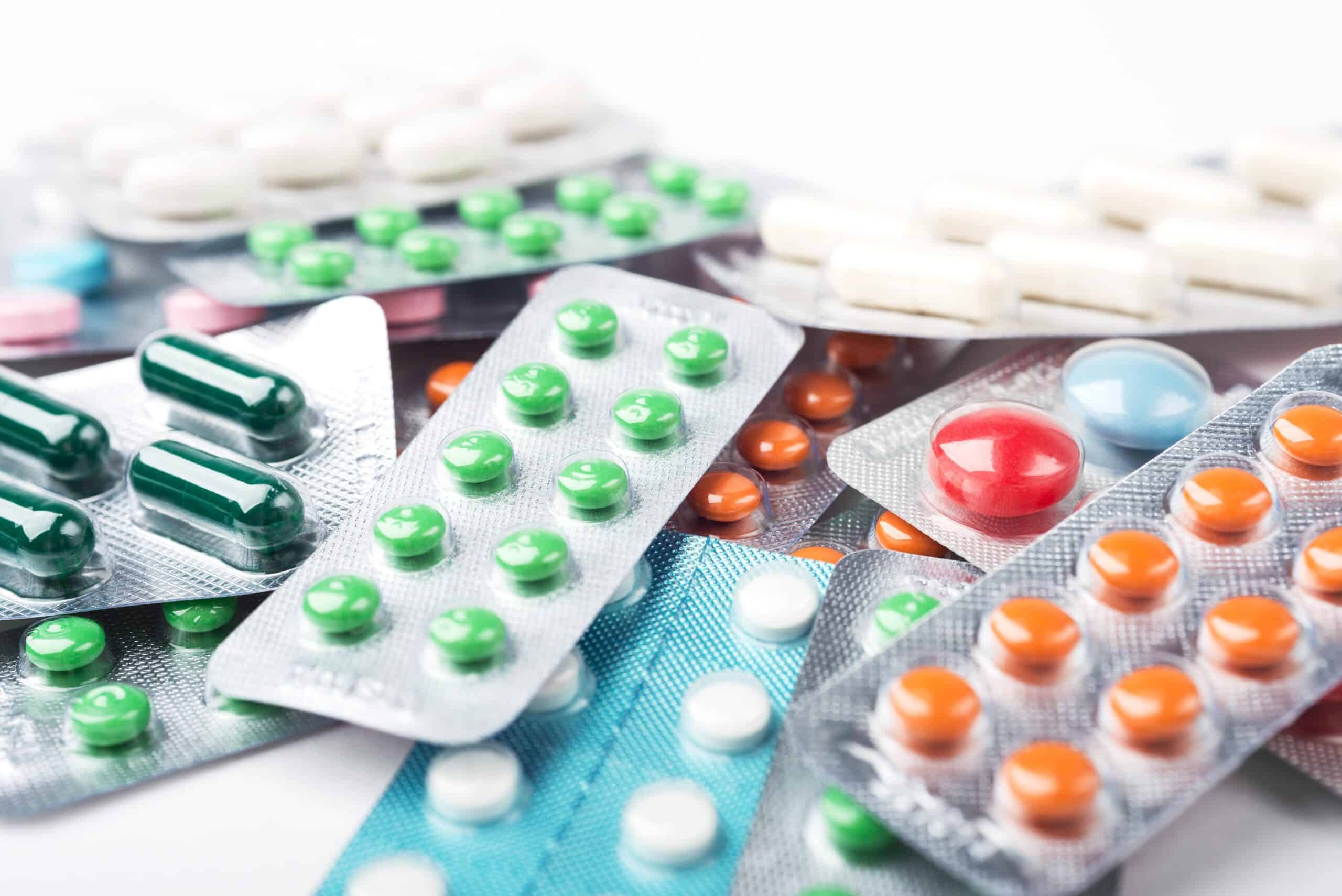
In certain circumstances, stimulants such as dextroamphetamine and Adderall can help a person experience improved quality of life. In other cases, using these drugs can have a devastating impact on an individual’s health and well-being. But what are the differences and similarities between dextroamphetamine vs Adderall? Learn more below.
Before you use dextroamphetamine or Adderall, it is important to understand their benefits and potential drawbacks. If you have any questions about how these drugs can affect you, don’t hesitate to voice your concerns to your doctor.
Dextroamphetamine is a central nervous system (CNS) stimulant. As its name implies, it is similar to amphetamine and methamphetamine (meth). The results of dextroamphetamine use can include increased energy, elevated confidence, and improved mood.
Dextroamphetamine use causes a buildup of two neurotransmitters, dopamine and norepinephrine, in the CNS. These chemical messengers are associated with feelings and functions such as arousal, attention, pleasure, and motivation.
When neurons (nerve cells) send messages with dopamine and norepinephrine, they release the neurotransmitters into the synapses, or small gaps, that separate one neuron from the next. Once the messages are delivered, the sending neuron absorbs the neurotransmitters so that they can be reused.
Dextroamphetamine prevents nerve cells from reabsorbing dopamine and norepinephrine. This causes excess levels in the synapses, which has the effect of amplifying the messages they are carrying.
Adderall is the brand name of a prescription medication that is commonly prescribed to treat attention-deficit/hyperactivity disorder (ADHD). Physicians also prescribe Adderall to people who have narcolepsy, a neurological condition that can cause a number of sleep-related problems.
Adderall contains equal amounts of amphetamine and dextroamphetamine. When someone with ADHD takes this medication as directed by their physician, they can experience increased focus and reduced impulsivity.
Unfortunately, these effects have also led many people to misuse Adderall:
According to a report that IQVIA Government Solutions prepared for the U.S. Drug Enforcement Agency (DEA), pharmacies in the United States filled more than 44.6 million prescriptions for Adderall or its generic equivalent in 2022.
Similarities between Adderall and dextroamphetamine include:
Key differences between these two drugs include:
As indicated by their Schedule II classification, both dextroamphetamine and Adderall pose a risk of addiction. Someone who develops stimulant use disorder, which is the clinical term for addiction to these and similar substances, may exhibit symptoms such as:
Someone who exhibits these symptoms should be evaluated by an addiction expert or another qualified professional.
Untreated addiction to either Adderall or dextroamphetamine can have a devastating impact on just about every part of a person’s life. But when they get the help they need, people who have become dependent on these drugs can stop using them and start living healthier lives in recovery.
Treatment for addictions to dextroamphetamine and Adderall can involve several different programs and an array of therapies and support services.
Personalization can be a vital element of effective care, so what’s perfect for one person may vary considerably from what’s best for someone else. This highlights the importance of finding a provider that will thoroughly review your history, needs, and goals, then develop a customized plan just for you.
Depending on a host of individual factors, you may be best served in one or more of the following environments:
Within these various levels of care, your treatment plan may include elements such as:
Aftercare support is also important. Before you transition out of treatment, your provider should develop a discharge plan to ensure that you are connected to the resources that can support your continued recovery.
If your life has been disrupted by an addiction to Adderall, dextroamphetamine, or another stimulant, LA Detox is here for you.
Our team will take the time to review your history, discuss your needs, and identify your short- and long-term goals. Then, we’ll create a comprehensive, individualized plan that includes the programs and services that are right for you.
Every step of the way, we’ll encourage you to play an active role in all treatment-related decisions, so that you can become empowered to take ownership of your recovery.
To learn more about how LA Detox can help you or a loved one, or to schedule a free assessment, please visit our Contact page or call us today.
How long does cocaine stay in your system – and why do some people test…
It’s a sweet, syrupy mixture that has been celebrated in rap music for decades. But…
Meaningful discussions of LGBTQ+ and addiction must address the unique challenges faced by members of…
Alcohol abuse can put a person at risk for a broad scope of serious health…
SMART Recovery is an alternative to AA and NA for people who are looking for…
One of the side effects of abusing meth is a noticeable change in the individual's…
This website uses cookies.